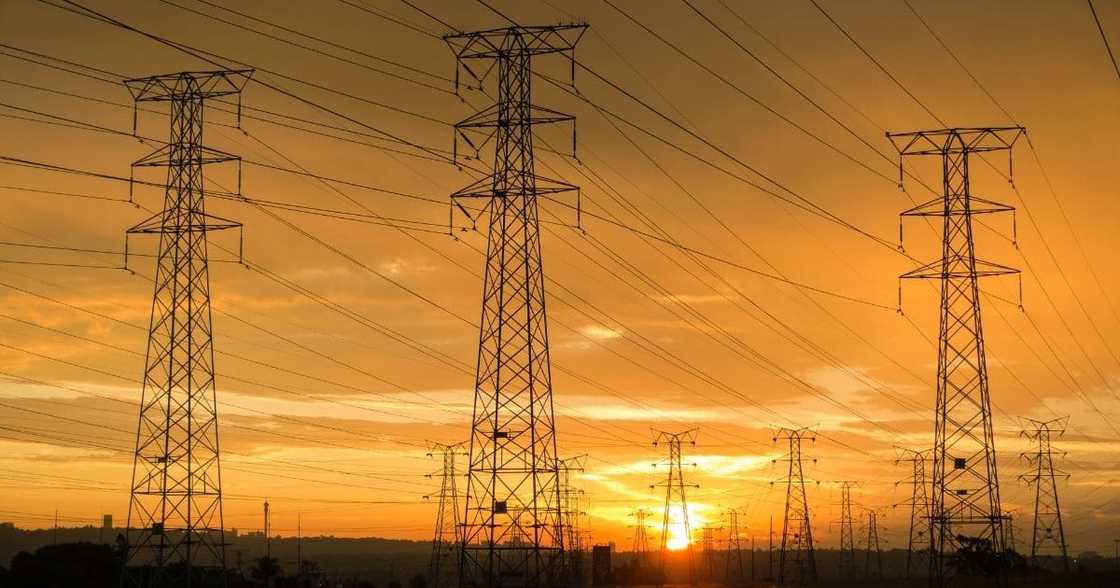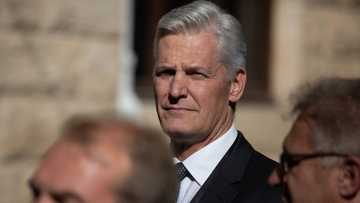Eskom Says Illegal Connections in the Western Cape Cost R700m per Year
- Embattled power utility Eskom recently stated that illegal connections in the Western Cape alone cost them around R700 million per year
- Currently, Eskom has implemented a load reduction in the Khayelitsha area in the Western Cape to avoid the overloading of networks
- The issues of illegal connections are not only impacting the WC as Johannesburg's new mayor recently spoke out about the same thing in an interview
PAY ATTENTION: Click “See First” under the “Following” tab to see Briefly News on your News Feed!
DURBAN - On Thursday, Eskom revealed that illegal connections resulted in losses amounting to over R700 million a year. Over the past week, the embattled power utility implemented load reductions in certain areas in an attempt to steer clear of overloading the network.
The load reduction was implemented in Khayelitsha, Western Cape. Eskom has warned that load reduction may branch out into other areas in the province outside of Khayelitsha. Alwie Lester from Eskom stated that the load reduction is necessary as the overloading of networks damaged equipment.

Source: Getty Images
According to EWN, Lester stated that their intention is to find some of the overloaded networks and turn them off at certain times in the day so that the power utility may be able to protect its equipment and make sure that legally paying customers receive a steady supply of power.
Lester explained that when the power is turned off, customers who pay legally will be negatively impacted. He went on to state that there are about 20 informal settlements in areas supplied by Eskom within the Western Cape that may have unsafe and/or illegal connections.
PAY ATTENTION: Never miss breaking news – join Briefly News' Telegram channel!
A report by 702FM revealed that Johannesburg's new mayor Jolidee Matongo spoke out about illegal connections and stated that it should not be allowed. Matongo said that the illegal connections cost the city tons of money and that Eskom is being paid R1 billion for electricity per month.
The South African Government is planning to stop loadshedding and take Eskom back to the top
Previously, Briefly News reported that the Public Works and Infrastructure Department has reportedly published a plan involving the South African Government's important developments up until the year 2050. It is called the National Infrastructure Plan.
One of the main points of the plan is the country's energy supply. Government proposed a move from fossil fuels and therefore the ongoing loadshedding within 30 years. The DPWI stated that loadshedding has been caused by a number of factors.
A report by BusinessTech revealed that while the majority of the plan of action focuses on changes that will be put in place by 2050, there is a specific section that focuses on direct and immediate changes planned to be implemented within the next three years.
Source: Briefly News



